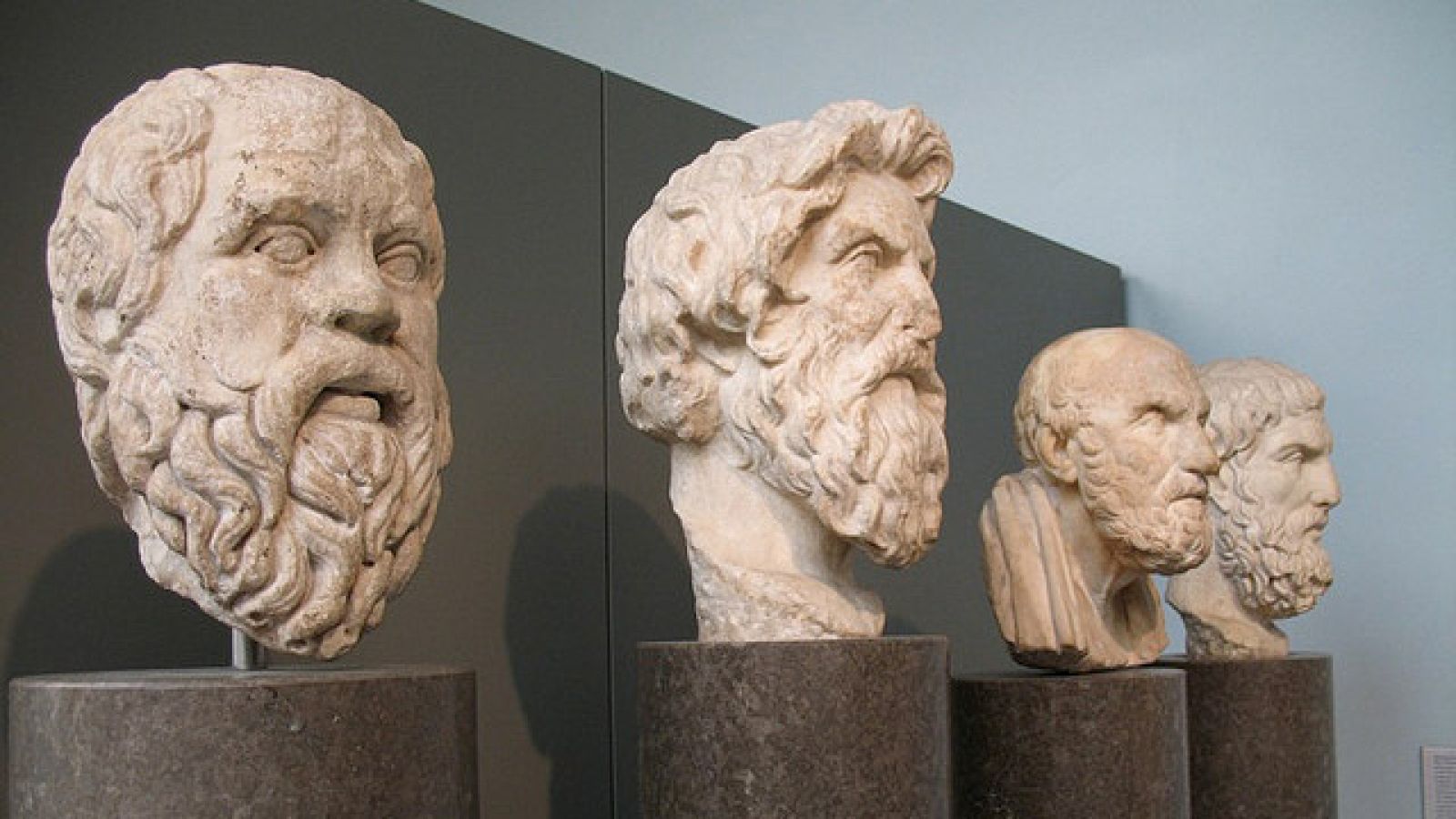New scholarship to honour philosopher John Passmore

Image by JD Falk/Flickr
The ANU School of Philosophy has celebrated its annual John Passmore Lecture today by announcing a new scholarship in his honour.
The Passmore family in 2014 gave a generous bequest to the School to create the three-year scholarship for an international student.to support the promotion of studies.
The Passmore Scholarship will begin in 2016 and will be offered to all students in Australia or overseas wanting to study in the School of Philosophy and complete their PhD.
Head of School, Dr Christian Barry, said the scholarship will further strengthen the standing of the School’s international research profile.
“To be competitive internationally, it is important that we be able to attract High Degree Research students from throughout the world, and not just students who are eligible for Australian Postgraduate Awards,” he said.
“This endowment helps us to do precisely that.”
The John Passmore Lecture, to be delivered by Associate Professor Sharon Street from New York University, will address two moral questions – attachment and loss, and ethics.
Dr Street will discuss ways to live given the eventual loss of people and things we love, and also whether it’s possible to have objective ethics without suggesting sources that are “metaphysically or epistemologically mysterious”.
The lectures began in 2000 to honour John Passmore, who retired as ANU Professor in Philosophy in 1979. He is known for his teaching, books including A Hundreds years of Philosophy and The Philosophy of Teaching and the 1981 Boyer lectures on the limits of government.
Christian reflects that Passmore was “a distinguished historian of philosophy and very much ahead of his time in working on issues such as environmental philosophy and the standing of non-human life.
“This lecture is usually more narrowly targeted toward issues in moral and political philosophy” compared to the Jack Smart lecture delivered last week by Professor Rae Langton from Cambridge University which concerned gaining or losing authority through words, Christian added.
Previous guest speakers of the John Passmore lecture have addressed topics including the meaning and value of social equality, the ethics of killing in war, and multiculturalism.
The School’s two major lectures and seminar series during the visiting scholars season in July prove to be a magnet for current and former philosophy students, Christian says.
“Many of our former graduates come back and continue to play an active role in the life of the School,” he says.
“I’ve co-authored a few papers with and work on research projects with previous students. Some of our former students will contribute to a Massive Open Online Course (MOOC) course that we’re producing on global justice and sovereignty.
“It is gratifying and is very important to our research to keep these sorts of connections.”
In addition to funding the major lectures, endowments to the School have also enabled academics host a workshop this month about “determinism” featuring speakers from Australia and abroad.